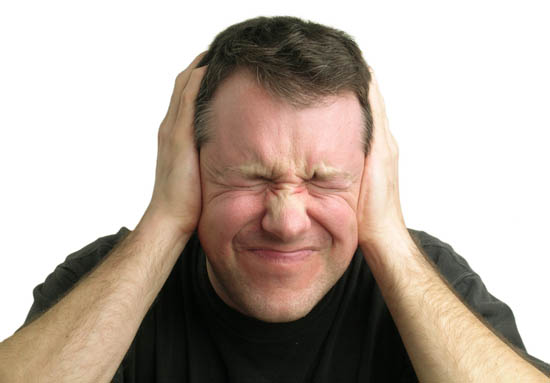 SCIENTISTS have given fresh hope to the one in ten people in the UK who suffer with tinnitus – a continual ringing or buzzing in the ears.
SCIENTISTS have given fresh hope to the one in ten people in the UK who suffer with tinnitus – a continual ringing or buzzing in the ears.
A new study suggests that the condition can be eliminated by blocking signals between the ear and brain, offering hope to suffers that a cure is within reach.
Researchers at the University of Western Australia treated guinea pigs with a drug called furosemide one week after tinnitus had been triggered by exposure to loud noise.
The treatment lowered the activity of the auditory nerve, reduced neural hyperactivity in a specific part of the brain that processes sound, and the animals treated with the drug no longer displayed signs of tinnitus.
Dr Helmy Mulders, who led the research, said: “Studies in human tinnitus sufferers are still needed to confirm our results and to establish whether or not this approach will be effective for people who have had tinnitus for a long time, but our research shows that lowering the activity of the auditory nerve may be a promising approach to treating recently triggered tinnitus.”
Dr Ralph Holme, head of Biomedical Research at the charity Action on Hearing Loss, said: “There are practical steps people can take to manage their tinnitus, but what people want the most is a cure to silence the noise.
“The research we have funded takes us a step closer to this goal.
“We will continue to fund research into treatments, and offer support to people who suffer.
“As the music festival season approaches, I’d urge music lovers to wear ear defenders and avoid dangerously high volumes on personal music players, which can lead to tinnitus.”
ALL personal music players sold in the EU after February 2013 are expected to comply with the following standards:
Personal music players, including mobile phones, should have a sound limit of 85 dB. Mobile phones which can play music through headphones or earphones are also considered as personal music players.
The user can choose to override the limit so that the sound level can be increased up to maximum 100 dB.
If the user overrides the limit, warnings about the risks must be repeated every 20 hours of listening time.

